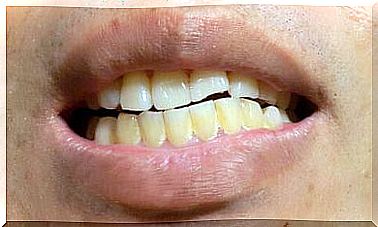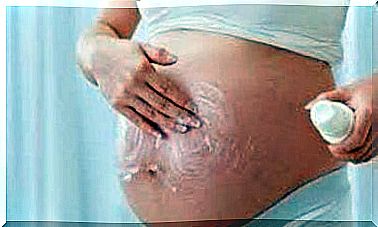Nodules And Polyps On The Vocal Cords – Being Parents

Nodules and polyps on the vocal cords are considered frequent lesions of the larynx. They consist of benign lumps appearing on the edges of the vocal cords. These lesions can have various origins; in most cases, the characteristics, diagnosis and treatment are similar.
Polyps are smaller than nodules, covered with a notorious blood vessel. Among their causes, we find excessive use of the phonic apparatus, but also hypothyroidism, chronic allergic reactions of the larynx, smoking or frequent inhalation of other toxic fumes.
As for nodules, it is the “misuse” of the vocal cords that is the main trigger for their appearance.
A person who sings with force on their throat will be more likely to have nodules and polyps on their vocal cords, and the same is true of some teachers who teach a lot of students, so they have to make an effort to to be heard.
Who are the people at greatest risk of developing nodules and polyps on their vocal cords?
First of all, all people for whom the voice is a working tool are more likely to develop nodules and polyps on their vocal cords; switchboard operators, singers, actors, people used to making public speeches, teachers, street vendors …
Just as many profiles that may be concerned. On the other hand, even people with mild deafness can get used to speaking too loudly, causing damage to their vocal cords. Eventually, anything that involves straining the voice can lead to the appearance of nodules or polyps.
However, the formation of these lesions generally affects mainly women between 20 and 45 years old. As for children, cases are very rare, and can occur in a child who cries too often or too loudly.
Regardless of their origin, nodules and polyps on the vocal cords are benign in nature. It is, in a way, an inflammation of the edges of the vocal cords, which close when speaking. These small wounds due to irritation usually disappear after a few days with the right treatment.

Symptoms that indicate the presence of nodules and polyps on the vocal cords
The most common symptom is vocal fatigue as well as a whole range of signs that can be distinguished when speaking, such as broken voice. There is also a lack of air when exhaling, which prevents us from making medium or long sentences. In these cases, it is chronic dysphonia.
In addition, the presence of this inflammation generates cough, irritation and dryness of the throat, muscle tension in the neck area, discomfort and even some pain. Only an otolaryngologist can diagnose the case, assess its intensity and prescribe specific treatment.
Assessment and diagnosis of polyps and nodules on the vocal cords
Often, dysphonia presents itself after a strenuous day and then goes away on its own. So, in which cases should we consult a specialist to find out whether or not the vocal cords are prone to damage? In fact, if the hoarseness lasts more than two or three weeks, a consultation may be considered.
In the event that a consultation is necessary, the professional will assess the degree of dysphonia through various examinations. First, it will analyze the quality of the voice; a phonoaudiologist can assess, depending on the type of hoarseness, whether the lesions require treatment or not.
Subsequently, the specialist will perform a direct laryngoscopy; for this he will need a mirror or a laryngoscope. It may also happen that the doctor detects signals that deserve a biopsy, an operation that can rule out or verify the track of carcinoma. In this case, we speak of microlaryngoscopy.

Treatments commonly used to heal nodules and polyps on the vocal cords
Surgical interventions are the last resort in the treatment of this type of lesion. This option is only considered if these throat conditions are very serious and have developed for a long time; they are then extirpated by means of surgery.
On the other hand, we try to decipher the primary causes of the appearance of nodules and polyps.
If it is a glandular (hypothyroidism), gastric (reflux) or allergic problem, the otolaryngologist will refer his patients to specialists qualified to treat such cases. However, most often, to relieve, prevent and treat nodules and polyps on the vocal cords, voice rehabilitation is used.









